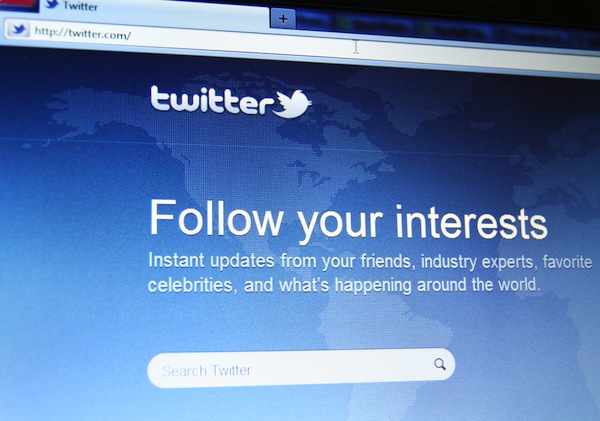Anti-Semitic Tweets Test Limitations of Free Speech on Twitter

 Annette Shaff / Shutterstock.com
Annette Shaff / Shutterstock.com
Twitter has time and time again affirmed its commitment to free speech on the social network, boldly citing its belief in the open exchange of information and dedication to an open and safe Internet.
In their January 2013 Twitter Transparency Report, Twitter's legal policy manager Jeremy Kessel expressly stated that government requests for user information "can have a serious chilling effect on free expression – and real privacy implications."
For the American company, Twitter is a bastion of the principles of free speech and freedom of expression.
However, after repeatedly denying French authorities data linked to racist and anti-Semitic tweets, Twitter has complied with French law and has handed over the information needed to identify these users.
The saga began in October 2012 when the hashtag #unbonjuif, or “a good Jew,” caught wind in France and the social networking site was populated with hate speech in clear violation of French law.
In January, Twitter was ordered by a French court to reveal the identities of those spreading hate speech on the social network, with French minister Najat Vallaud-Belkacem weighing in on the necessity of Twitter to comply with the country's effort to thwart hate speech.
Twitter, refusing to relinquish the data, appealed the decision, but lost. Last week, Twitter and France's Union of Jewish Students (UEJF) -- one of the organizations pushing for stricter regulations on Twitter -- reached an agreement in which Twitter consented to work with the French authorities in identifying users involved in anti-semitic behavior on the network:
"This agreement is a reminder that you cannot do anything you want on the Internet. Twitter will no longer be a conduit for racists and anti-Semites where their anonymity will be protected," UEJF President Jonathan Hayoun said.
While the decision is "a great victory in the fight against racism and anti-Semitism" for Hayoun, it leaves Twitter's position on free speech and Internet freedom unclear. Information provided by Twitter reveals that as of last year, Twitter had received 12 information requests from French authorities and had complied with zero of them.
Furthermore, as of last year, Twitter had only 63 percent of all information requests, specifying that they have never carried out requests to outright censor tweets.
For a company that places an emphasis on values of free speech and Internet openness, it seems that last week's joint decision was somewhat of a defeat for Twitter in their ongoing efforts to balance free speech and foreign hate speech laws.
The question still remains: Is it ever okay to censor speech on Twitter?



